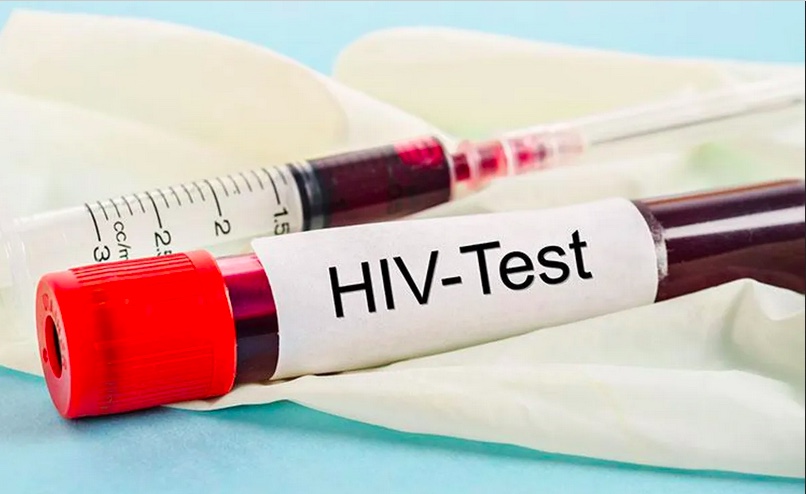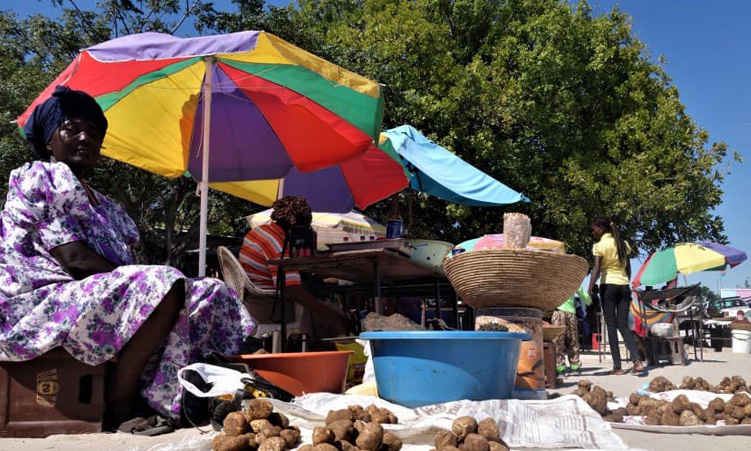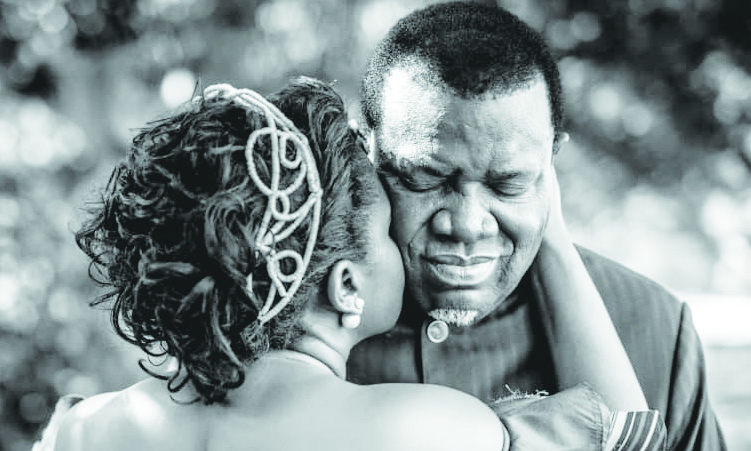ABUJA – Nigeria’s President Olusegun Obasanjo moved yesterday to try to stem a rising tide of religious violence, declaring a state of emergency in a strife-storn central state and warning that tension between Christians and Muslims was endangering peace.
In a televised address, Obasanjo announced that he had invoked emergency powers to suspend the elected governor of Plateau State – where earlier this month a Christian ethnic militia slaughtered more than 200 Muslims in an attack on a rural town – and replace him with a retired general. The decision marks the first time since Nigeria’s return to civilian rule in 1999 that the president has deposed an elected leader, and comes amid mounting anger in the west African giant’s major cities.Last week at least 36 people were killed in sectarian riots in the northern commercial centre, Kano.”The situation in Plateau State, to say the least, constitutes a challenge to our democracy… We need to take very serious action to stem the tide of what has become a near mutual genocide,” Obasanjo said in his address.”I hereby declare a state of emergency in Plateau State… The governor and his deputy by this declaration will go on suspension and cease to be in charge of the affairs of Plateau State for six months at the first instance,” he said.”An administrator to manage the affairs of Plateau State in the person of retired General Chris Ali is hereby nominated,” he added.Under Nigeria’s 1999 constitution, a state of emergency goes into effect immediately but must be ratified by the National Assembly within two days.It must be reviewed within six months.For the past three years, rival Christian and Muslim ethnic groups have been fighting for control of farmland around the towns of Yelwa, Shendam, Wase and Langtang in the south of Plateau, 300 kilometres east of Abuja in Nigeria’s central highlands.Hundreds of people have been killed – most recently the more than 200 Muslims who were slaughtered in an attack on Yelwa on May 2 – and more than 30 000 people from both communities have fled to seek refuge in neighbouring states.”Violence has reached unprecedented levels and hundreds have been killed with many more wounded or displaced from their homes on account of their ethnic or religious identification.Christians and Muslims that used to live together have become arch-enemies,” Obasanjo said.Obasanjo accused Plateau State’s Governor Joshua Dariye of incompetence and of taking sides in the dispute, attacking him for spending more time travelling abroad than on attempting to deal with the situation in his state.And he warned that the violence in Plateau had endangered the fragile peace between Christians and Muslims across Nigeria, Africa’s most populous country whose 130 million people are divided roughly evenly between the two faiths.Last week rioting erupted in the northern city of Kano, when Muslim youths targeted Christians in a revenge for the Yelwa massacre.Officials in Kano report that some 30 000 Christians are now living in six emergency camps around the city, while police and the Red Cross say that more than 30 died.More than 10 000 Nigerians have been killed in ethnic and sectarian violence since 1999, and tensions are once again mounting.Obasanjo warned that the fighting in Yelwa and Kano could have a ripple effect.”It has become imperative that the bloodshed in Plateau State — which has also reverberated in Kano and is threatening Kaduna, Bauchi, Taraba, Gombe, Benue and Nassarawa, and even the federal capital territory – should and must be stopped,” Obasanjo said.”The spillover from Kano is already threatening Owerri and Umuahia,” he warned, in the first indication that trouble might spread from the Muslim north and the country’s unruly central belt to Nigeria’s mainly Christian south, where members of the Igbo ethnic group have been angered by the deaths in Kano.- Nampa-AFPThe decision marks the first time since Nigeria’s return to civilian rule in 1999 that the president has deposed an elected leader, and comes amid mounting anger in the west African giant’s major cities.Last week at least 36 people were killed in sectarian riots in the northern commercial centre, Kano.”The situation in Plateau State, to say the least, constitutes a challenge to our democracy… We need to take very serious action to stem the tide of what has become a near mutual genocide,” Obasanjo said in his address.”I hereby declare a state of emergency in Plateau State… The governor and his deputy by this declaration will go on suspension and cease to be in charge of the affairs of Plateau State for six months at the first instance,” he said.”An administrator to manage the affairs of Plateau State in the person of retired General Chris Ali is hereby nominated,” he added.Under Nigeria’s 1999 constitution, a state of emergency goes into effect immediately but must be ratified by the National Assembly within two days.It must be reviewed within six months.For the past three years, rival Christian and Muslim ethnic groups have been fighting for control of farmland around the towns of Yelwa, Shendam, Wase and Langtang in the south of Plateau, 300 kilometres east of Abuja in Nigeria’s central highlands.Hundreds of people have been killed – most recently the more than 200 Muslims who were slaughtered in an attack on Yelwa on May 2 – and more than 30 000 people from both communities have fled to seek refuge in neighbouring states.”Violence has reached unprecedented levels and hundreds have been killed with many more wounded or displaced from their homes on account of their ethnic or religious identification.Christians and Muslims that used to live together have become arch-enemies,” Obasanjo said.Obasanjo accused Plateau State’s Governor Joshua Dariye of incompetence and of taking sides in the dispute, attacking him for spending more time travelling abroad than on attempting to deal with the situation in his state.And he warned that the violence in Plateau had endangered the fragile peace between Christians and Muslims across Nigeria, Africa’s most populous country whose 130 million people are divided roughly evenly between the two faiths.Last week rioting erupted in the northern city of Kano, when Muslim youths targeted Christians in a revenge for the Yelwa massacre.Officials in Kano report that some 30 000 Christians are now living in six emergency camps around the city, while police and the Red Cross say that more than 30 died.More than 10 000 Nigerians have been killed in ethnic and sectarian violence since 1999, and tensions are once again mounting.Obasanjo warned that the fighting in Yelwa and Kano could have a ripple effect.”It has become imperative that the bloodshed in Plateau State — which has also reverberated in Kano and is threatening Kaduna, Bauchi, Taraba, Gombe, Benue and Nassarawa, and even the federal capital territory – should and must be stopped,” Obasanjo said.”The spillover from Kano is already threatening Owerri and Umuahia,” he warned, in the first indication that trouble might spread from the Muslim north and the country’s unruly central belt to Nigeria’s mainly Christian south, where members of the Igbo ethnic group have been angered by the deaths in Kano.- Nampa-AFP
Stay informed with The Namibian – your source for credible journalism. Get in-depth reporting and opinions for
only N$85 a month. Invest in journalism, invest in democracy –
Subscribe Now!






